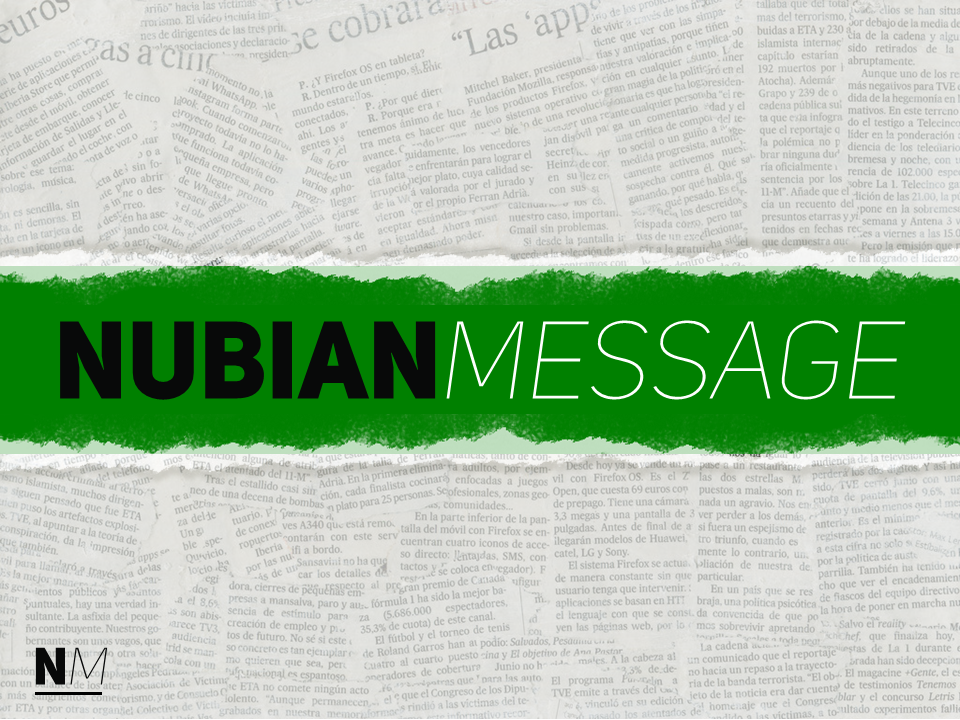I recently walked into Target and stumbled upon a book about African proverbs. Immediately, I rolled my eyes and said, “What have they done now?” My friend insisted I look at the book and see what was in it. And to my surprise, the book was even worse than I could have imagined.
“Where are these from?” This question was all I could ask as I flipped through, hoping that the answer was within the pages as I turned. My heart sank, as it was evident that they had completely removed the beauty of African proverbs as I looked at a book filled with “African proverbs,” all I could see was English. There were no indications of their language or country of origin. It became evident that they only included the proverbs’ meanings rather than their translations.
Translation and meaning. Two words used interchangeably, though vastly different in their intent. Translation defined by Peter Newmark, a renowned professor of translation, as “rendering the meaning of a text into another language in the way that the author intended the text.” In contrast, meaning is intended to communicate something that is not directly expressed.
A linguistic difference that these authors needed to understand. African proverbs advise and display wisdom through illustration and visualization of an idea, concept or belief for centuries. They have a rich culture and are displays of heritage. Many African proverbs still widely used in everyday speech have been passed down from generation to generation. The beauty of African proverbs is their ability to provoke thought, and guide you to an answer instead of stating what’s to be discerned.
You’re probably asking, “What was wrong with the book?” The book removed the reader’s journey to understanding by providing them with a vision instead of allowing them to craft their own. To show what I’m describing, I analyzed two of Ìgbò proverbs. I will provide the proverb in Ìgbò, the English translation, the popular meaning and its significance.
Nwaanyị mụta esi ofe mmiri mmiri, di ya amụta ipị ụtara áká sụrụ ofe
Translation: If a woman learns to make soup watery, her husband will learn to press the swallow to dip and scoop the soup.
Meaning: When presented with situations/obstacles, one must be able to adapt.
Significance: Swallow is a term used in Nigeria to describe a dough-like substance that accompanies native stews and soups. You pinch it to create a dent, so when you dip it into your soup, the soup sits in the dent and then you swallow it whole. You are only able to do that if the soup has a thick viscosity. In this proverb, the wife presented her husband with an obstacle: Either he figured out how to eat the soup, or he would go hungry. Forced to think outside of the box, he figured out that if he dented the swallow more than usual, it would allow him to eat the watery soup.
Onye ji mbe n’ala ji onwe ya
Translation: He who holds the turtle on the ground, holds himself
Meaning: You’re delaying your own success by trying to hinder others
Significance: For Ìgbò people, folktales are a revered practice used to educate and pass on the wisdom of their elders to younger generations. Throughout those folktales, turtles make a continuous appearance. In these tales, turtles are depicted as wise and cunning creatures. In this proverb, the use of a turtle was intentional. Since turtles are seen as wise and the person was holding the turtle down, it allowed the reader to literally envision themselves holding down their own wisdom.
While the Target book’s authors may have had good intentions, their actions were quite harmful. These authors eradicated each of those proverbs’ histories through their actions. Exemplifying that when speaking about different cultures, it is important not to tell their story for your enjoyment but instead tell the story of their reality.
There is an Ìgbò adage that says, “Onye na-amaghị ihe onwere, ọ gaghị ama uru o bara.” Translating to he who does not know what he has, does not know its value or worth. I encourage you to find your own meaning in that story.







